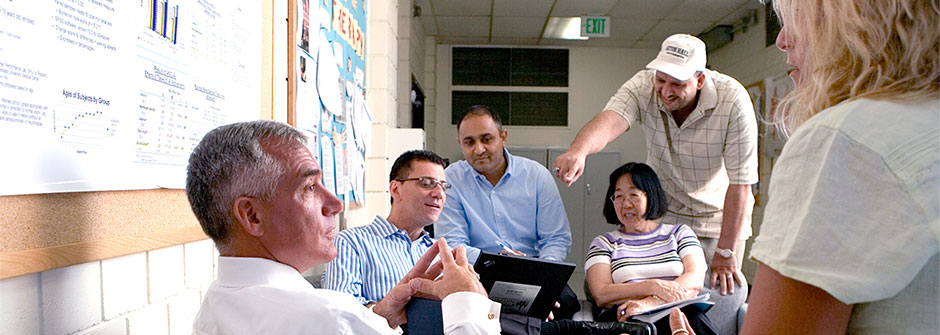
Accreditation and Outcomes
Accreditation
The Master of Science (M.S.) education program in speech-language pathology (residential) at Seton Hall University is accredited by the Council on Academic Accreditation in Audiology and Speech Language Pathology of the American Speech-Language-Hearing Association, 2200 Research Boulevard, #310, Rockville, MD 20850, 800-498-2071 or 301-296-5700.
The Master of Science program in speech-language pathology (M.S.S.L.P) at Seton Hall University is accredited by the Council on Academic Accreditation in Audiology and Speech Language Pathology (CAA) for eight years (2022-2030). The M.S.S.L.P program is also an active member of the Council of Academic Programs in Communication Sciences and Disorders (CAPCSD). The CAA is recognized as an accrediting agency for audiology and speech-language pathology education programs by the Council on Higher Education Accreditation (CHEA) and by the Secretary of the U.S. Department of Education.
A copy of the Standards for Accreditation and/or the CAA's Policy on Public Comment may be obtained by contacting the Accreditation Office at ASHA, 2200 Research Boulevard, #310, Rockville, Maryland 20850, calling ASHA’s Action Center at 1-800-498-2071, or accessing the documents online at https://caa.asha.org/.
Student Outcomes
Program Outcomes
Students graduating from the Master of Science in Speech-Language Pathology program will:
1. Demonstrate the ability to screen, evaluate, diagnose, plan, and provide intervention
for individuals with communication and swallowing disorders across the lifespan using
an evidence-based practice and culturally competent framework.
2. Showcase the depth and breadth of academic and clinical knowledge and skills in
different educational and healthcare settings and with culturally and linguistically
diverse populations across the lifespan.
3. Demonstrate adherence to ASHA’s code of ethics, the standards of practice endorsed
by the profession, and all applicable state and federal laws.
4. Demonstrate competencies in interprofessional practice and interpersonal communication.
5. Exhibit the skills needed to contribute to the profession and one’s community by
engaging in lifelong learning, advocating for clients, and educating the public about
communication and swallowing disorders.
Seton Hall University embraces the principle that effective and meaningful assessment is an integral part of the educational process. This principle is at the heart of our commitment to meet our responsibilities to our students, professions and the communities that we serve. University Assessment Site »
